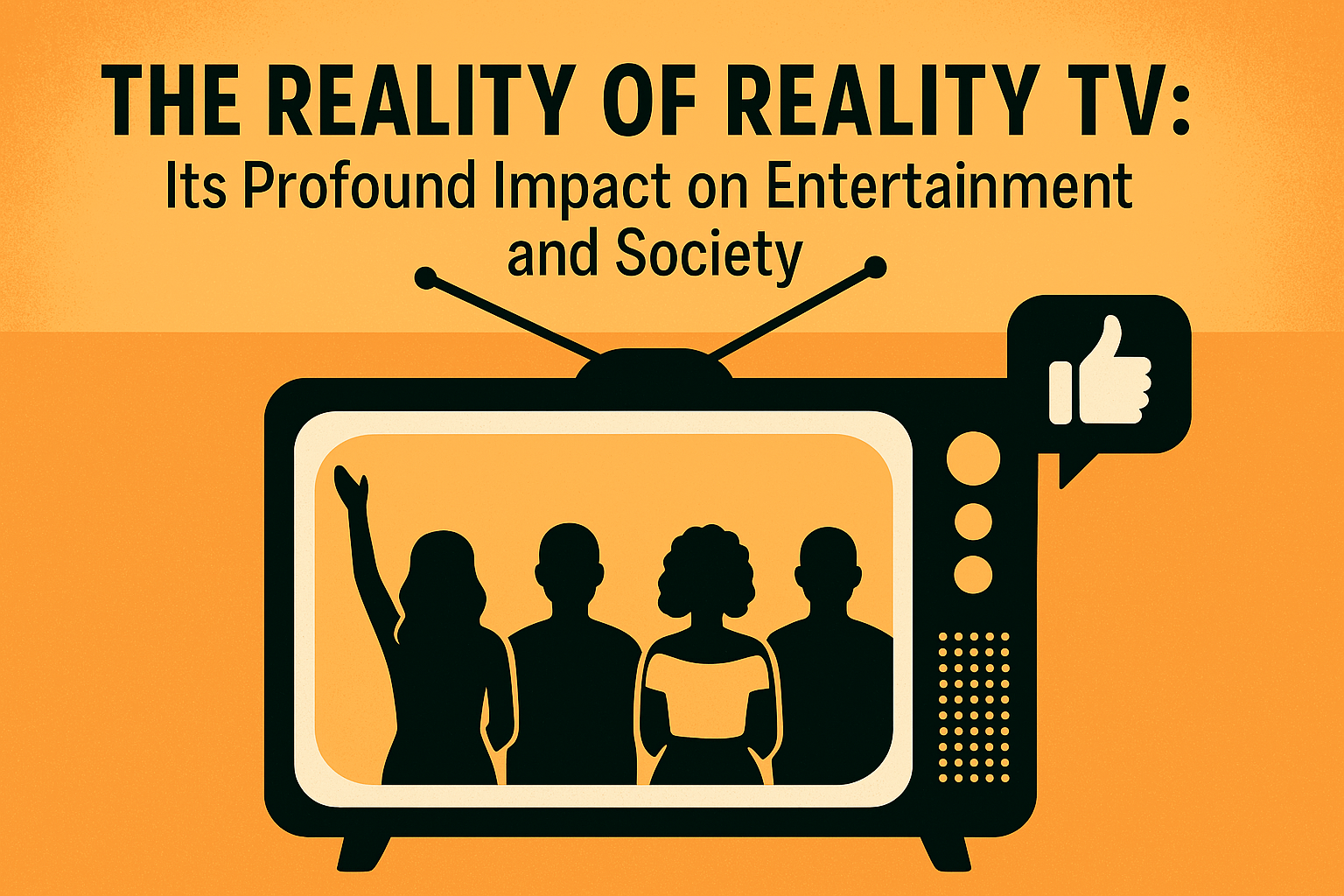Introduction: What is Reality TV?
Reality TV blends real-life situations with elements of fiction to create engaging content. It often features non-professional actors in unscripted scenarios, capturing drama, competition, and everyday life. This genre has become one of the most popular forms of entertainment worldwide.
The Evolution of Reality TV
Let’s take a historical look at how reality TV evolved:
- The Early Days: Beginning with shows like “Candid Camera,” early reality programming focused on simple, real-life situations.
- The Rise of Competitive Reality Shows: Programs such as “Survivor” and “Big Brother” introduced competition into the mix, captivating audiences globally.
Impact on Entertainment Industry
Reality TV has significantly altered entertainment landscapes:
- Economic Impact: It is often cheaper to produce than scripted shows, leading networks to favor reality formats.
- Influence on Media Consumption: With high viewer engagement, reality TV drives trends and creates new genres of television programming.
Social Implications: How Reality TV Affects Society
Reality TV doesn’t just entertain; it influences societal norms:
- Cultural Influence: Shows often reflect societal values, challenges, and aspirations.
- Behavioral Changes: Audiences sometimes mimic behaviors or lifestyles portrayed on these shows.
The Psychological Impact of Reality TV
Exploring the psychological effects, we find:
- Social Comparison: Viewers compare themselves to reality stars, affecting self-esteem and body image.
- Mental Health Concerns: The intense scrutiny faced by participants can lead to stress and anxiety.
Controversies Surrounding Reality TV
Reality TV is not without its controversies:
- Ethical Concerns: Issues like manipulation of content, exploitation of participants, and invasion of privacy are prevalent.
- Stereotyping and Representation: Shows often perpetuate stereotypes or underrepresent certain demographics.
Reality TV in the Digital Age: Social Media Influence
The rise of social media has transformed how reality TV is consumed:
- Engagement with Viewers: Platforms like Twitter and Instagram allow fans to interact directly with shows and cast members.
- User-Generated Content: Fans create memes, fan art, and discussions that keep interest alive beyond the screen time.
Frequently Asked Questions (FAQ)
- How has reality TV impacted traditional scripted shows? Many networks have reduced their investment in scripted content due to lower production costs for reality TV.
- Is there a positive aspect to reality TV? It can provide educational value and inspire audiences through real-life stories and challenges.
- How do producers ensure viewer engagement? By creating emotionally charged scenarios, cliffhangers, and interactive elements like live voting.
Conclusion: Embracing the Reality
In conclusion, reality TV is a powerful force in entertainment and society. While it offers immense popularity and economic benefits, it also raises ethical questions that demand attention. As viewers, understanding its impact can lead to more informed consumption choices.
Call to Action: Join the conversation by sharing your favorite reality TV shows and how they have impacted you personally in the comments below!




